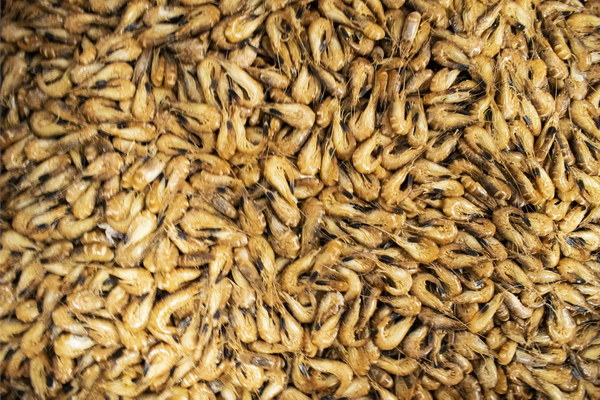Essential Medications for Pet Kidney Health What to Consider for Renal Support
Essential Medications for Pet Kidney Health: What to Consider for Renal Support
Maintaining kidney health in pets is crucial for their overall well-being. The kidneys play a vital role in filtering waste and toxins from the body, and when they are compromised, it can lead to serious health issues. If your furry friend is suffering from kidney problems or you're looking to prevent renal issues, understanding the right medications is key. Here's a comprehensive guide to essential medications for pet kidney health, including what to consider for renal support.
Understanding Kidney Disease in Pets
Kidney disease, also known as nephropathy, affects millions of pets worldwide. It can occur due to a variety of causes, including genetics, infections, toxins, and underlying diseases. The disease can be acute or chronic, with chronic kidney disease (CKD) being the most common form in older pets.
Signs of Kidney Disease in Pets
Early detection of kidney disease is important for effective treatment. Common signs include:
- Increased thirst and urination
- Weight loss
- Loss of appetite
- Bad breath
- Vomiting or diarrhea

- Lethargy
- Changes in urine color or frequency
Medications for Kidney Support
1. Diuretics
- Diuretics, such as Furosemide or Spironolactone, help remove excess fluid and salt from the body. This is particularly useful in pets with edema or high blood pressure associated with kidney disease.
2. Phosphorus Binders
- High phosphorus levels in the blood can exacerbate kidney damage. Medications like PhosLo or KaoPlex help bind phosphorus in the gastrointestinal tract, reducing its absorption.
3. Antacids
- Pets with kidney disease often have a higher risk of stomach ulcers. Antacids like Famotidine or Cimetidine can help prevent and treat ulcers.
4. Kidney-Specific Supplements
- Supplements like Renal Support or Kidney Health tablets contain ingredients that support kidney function, such as omega-3 fatty acids, antioxidants, and amino acids.
5. Protein Modulators
- High-protein diets can stress the kidneys, so protein modulators like Aminocaproic Acid help maintain nitrogen balance without overloading the kidneys.
6. Antibiotics
- If a bacterial infection is causing kidney damage, antibiotics like Amoxicillin or Doxycycline may be prescribed.
7. Immunosuppressants
- In some cases, autoimmune diseases or certain viral infections can lead to kidney disease. Immunosuppressants like Prednisone or Azathioprine may be used to control the immune response.
Preventive Measures
- Proper Diet: Feeding a balanced diet that is appropriate for your pet's age, size, and kidney health is essential. Some pets may benefit from special renal diets that are lower in phosphorus and higher in omega-3 fatty acids.
- Regular Check-ups: Regular veterinary visits can help detect kidney issues early.
- Vaccinations and Preventive Care: Keeping your pet up-to-date on vaccinations and preventive care can help prevent kidney damage from certain infections.
- Weight Management: Keeping your pet at a healthy weight can reduce the strain on the kidneys.
Conclusion
Treating kidney disease in pets often requires a combination of medications and lifestyle changes. It's important to work closely with your veterinarian to develop a comprehensive treatment plan tailored to your pet's specific needs. By understanding the essential medications for kidney support and taking preventive measures, you can help ensure your furry friend maintains a healthy renal system. Remember, early detection and intervention are key to managing kidney disease effectively.









